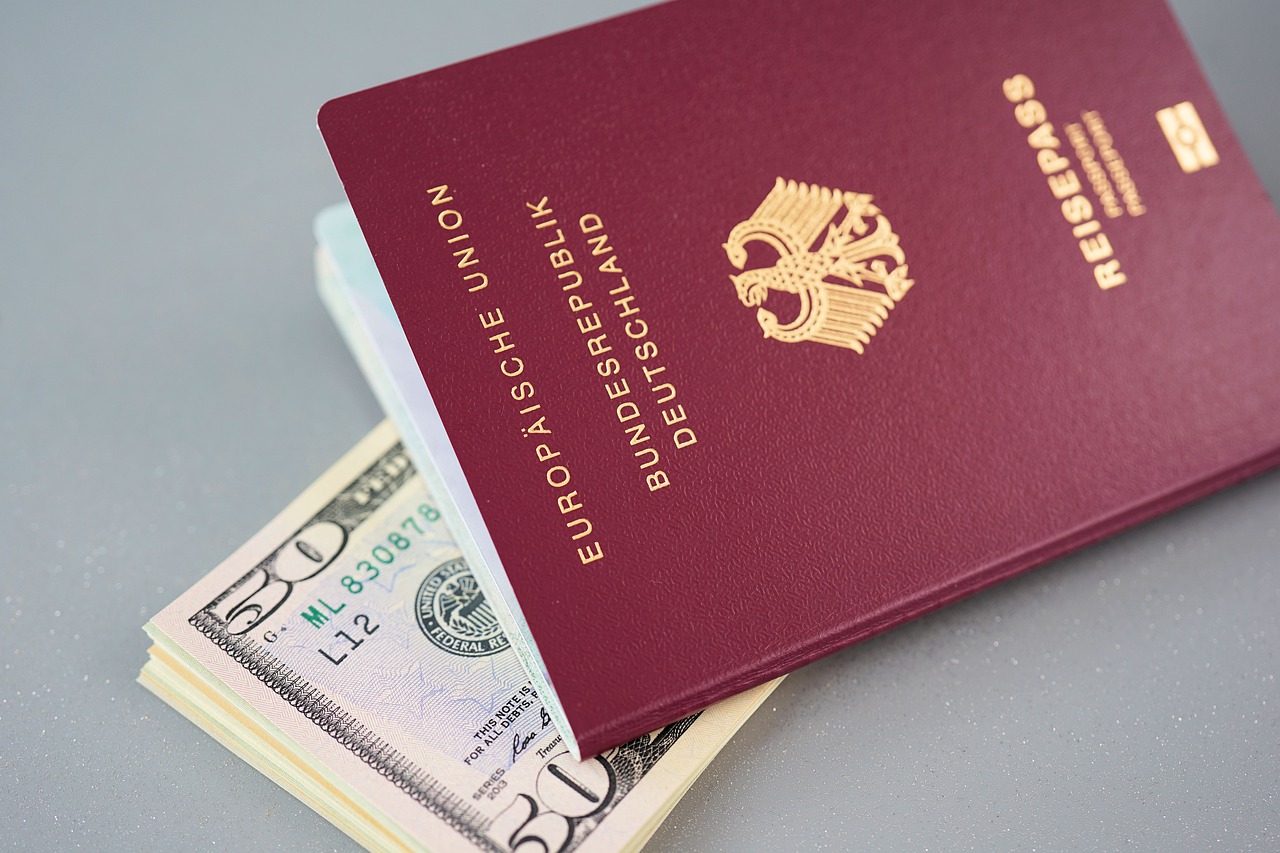Restrictive or selective? The faces of Norwegian Immigration Policy.
Norwegian immigration policy is increasingly selective, not only restrictive: asylum and family migration are both restricted, while non-EEA labor migration is facilitated. Norway is part of an international race for talent and a race to the bottom on asylum. The article examines policy development and the decoupling of labor migration policy at different levels. It ends with a discussion of normative implications.
Follow the Money: Income Requirements in Norwegian Immigration Regulations
Following the 2015 refugee crisis, Norwegian politicians introduced proposals to extend a family reunification income requirement to refugee sponsors and to introduce an income requirement for permanent residence. This chapter seeks to explain why one of the income requirements was implemented and the other not. It harnesses CBacchi’s approach to policy analysis, asking, ‘What is the problem represented to be?’ in a close reading of relevant documents.
Everything but the Marriage Certificate: Unmarried Partners in Norwegian Immigration Regulation
We examine Norwegian family immigration regulation for unmarried partners from the 1980s onwards. We investigate three sites of contestation where appeals are made to intimacy norms to argue for admission of unmarried partners: The Liberal party’s “love visa” proposal, sponsors’ statements in case files, and protests from same-sex couples (who face a particular obstacle from income rules if they cannot prove a pre-existing relationship). Even in “cohabitation land,” these appeals come up against immigration control.
Anne Staver and Helga Eggebø.
Link to article, open access (Social Politics).Who deserves exceptions in times of crisis? A comparison of policy responses to mitigate negative consequences for unemployed people and immigrants during the COVID-19 pandemic
In this article, we compare the policy responses for 1) unemployed people and 2) immigrants during the COVID-19 pandemic in Norway form 2020–2022. We ask: Who deserves exceptions in times of crisis? Whereas extensive relief packages were introduced for unemployed persons, no such exceptions were made from income rules for immigrants.
6. Do integration requirements undermine egalitarianism?
For decades, policy makers have expressed concerns about immigration potentially undermining the welfare state. In this chapter, we examine a new income requirement for obtaining permanent residence. We argue that this requirement that was meant to rescue the fiscal sustainability of the welfare state may upon closer scrutiny create and exacerbate both socioeconomic and political inequalities, paradoxically resulting in the undermining of the egalitarian principle of the welfare state.

